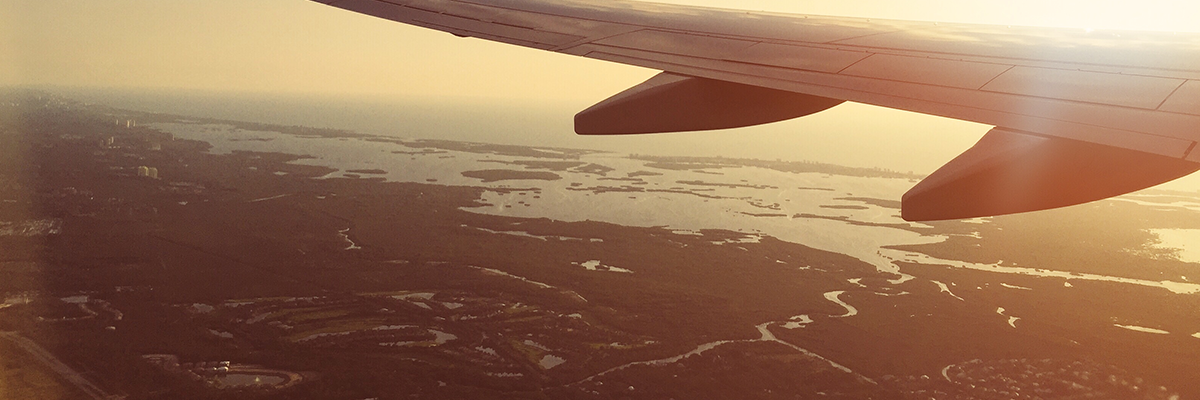Flying low

This has been a difficult week for British Airways, with the debate still ongoing about what actually caused the crash of all their booking, baggage and customer contact operations last bank holiday weekend.
PR experts queued up to criticise the approach taken, instead of a confident, authentic and timely customer announcement, there was instead a delayed statement initially on YouTube before CEO Andy Cruz appeared live to speak to the media.
Meanwhile the media were interviewing would be honeymooners whose plans were dashed, and a tearful young lady who had saved for years for a holiday of a lifetime; no second chance for a first experience here, no refund of a flight will make things alright.
Images of exhausted passengers lying on thin blue yoga mats distributed by BA highlighted the misery even more; young, old, fit and infirm.
And yet disasters happen, unfortunately all too often and not just in the airline business. How an organisation communicates and deals with them can make all the difference between brands trashed or instead their actions causing trust to be slowly rebuilt.
Today's agile organisations learn from big outages - banking disasters when people can't access money or where fraud has happened, being some examples.
There has been loads of research to show that consumers will forgive, even if they can't forget, where organisations go all out to keep them abreast of what's happening and critically make it easy to get things right.
'I don't like what happened, but I understand what went wrong and you handled it well’ – ‘I'm confident that I will be treated fairly and that this won't happen again'.
The use of multi-channel communications comes into its own; a well thought out contingency plan involving proactively communicating as much as possible clearly can prevent a huge volume of calls to busy centres. Use of mobile technology to keep all employees as informed as possible will prevent them feeling disempowered and under siege.
The travel industry is at the sharp end of competition, with cost cutting becoming part of the DNA. There is so much that can go wrong; lots of it outside the control of an airline. This surely reinforces the need to embrace open customer support; let's face it we will only contact when the online experience doesn't work and/or like last weekend things go wrong - is that so bad?
It may not have the answers to the IT crash, but the adoption of latest CCA customer service guidelines, synthesised from 400 organisations across all sectors may help to anchor that critical customer first attitude, enterprise-wide particularly during cost cutting drives and times of change.
CCA Global Standard© helps organisations 'fly high' by instilling a sense of pride about what putting customers first actually means - internally to help employees feel empowered, and to reassure customers that the organisation they have placed their trust in cares about that relationship.
Nicky Campbell who chaired CCA Annual Convention a few years back put it well when he said 'Why on earth don't all organisations do this - it's common sense'?